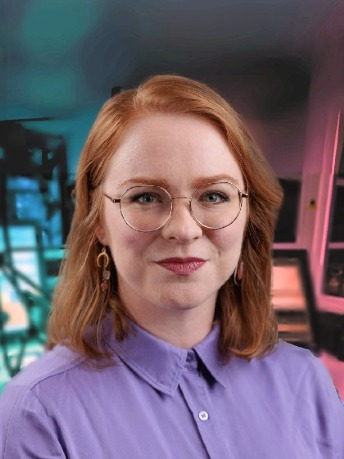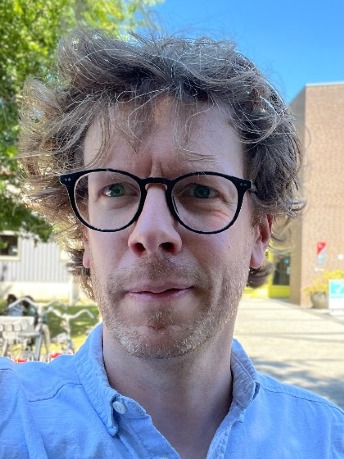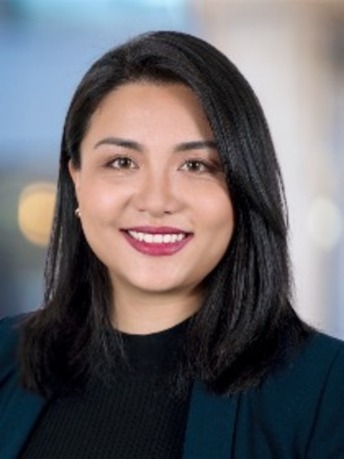Veni-grants for three ICOG researchers
The Dutch Research Council (NWO) has awarded a Veni grant of up to €320,000 each to eleven researchers of the University of Groningen and the UMCG: Quentin Changeat, Wen Wu, Femke Cnossen, Stacey Copeland, Bart Danon, Gesa Kübek, Hannah Laurens, Adi Stoykova, Frank Tsiwah, Qian Huang and L. van Olst. The Veni grants are designed for outstanding researchers who have recently gained a PhD.
NWO selects researchers based on the academic quality and the innovative character of the research proposal, the scientific and/or societal impact of the proposed project, and the quality of the researcher. The Veni grants, together with the Vidi and Vici grants, are part of the NWO Talent Programme. In total, the NWO has provided Veni funding to 200 researchers nationwide.
Three ICOG members were awarded a Veni grant for their projects:
From Protest to Podcast: The Sonic Politics of Queer Netherlands
Stacey Copeland, Research Centre for Media and Journalism Studies (CMJS)
The Netherlands has a reputation as a leader in LGBTQ rights, but the country's rich history of LGBTQ media remains underexposed internationally. As LGBTQ rights are being eroded and compromised around the world, we must ask ourselves: What can we learn by listening back to the development of LGBTQ+ activism through radio made by and for the queer community? Crucial lessons risk being lost if we overlook radio’s pivotal role in LGBTQ activism. In this project, I bring radio archives into conversation with today's community to develop forward-looking media policies and production practices.
Uneven opportunities of Empire
Bart Danon, Research Centre for Historical Studies (CHS)
The benefits of the Roman Empire were distributed geographically very unevenly. While elites from some regions managed to penetrate the central power structure in large numbers, thus boosting their wealth and power, others lagged behind. This research shows that variations in economic integration within regions underpinned these different outcomes between regions. These historical patterns shed new light on the uneven regional development in today’s globalised world.
Negotiating Digital Visibility: Public Intellectuals’ Cautious Labor
Qian Huang, Research Centre for Media and Journalism Studies (CMJS)
Public intellectuals address public concerns critically and are instrumental for civil society. Cultivating digital visibility is an integral part of their work and has been intensified by digital platforms, which also exposes them to risks like online shaming and harassment. What are their struggles and tactics in balancing digital visibility? By comparing experiences from public intellectuals in three sectors in China and The Netherlands, this project provides an empirically informed conceptualization of cautious labor—the physical, cognitive, and emotional work in negotiating digital visibility. Subsequently, awareness videos, toolkits, and workshops are developed for public intellectuals’ safer digital visibility.
More news
-
15 September 2025
Successful visit to the UG by Rector of Institut Teknologi Bandung



